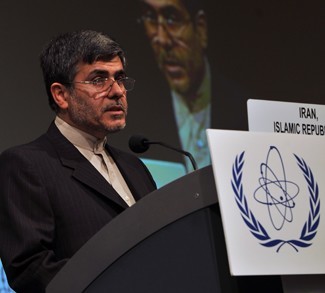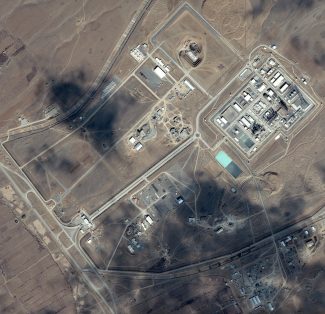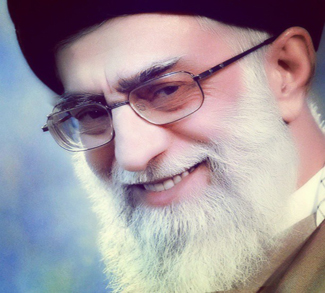Summary
Of all the possible forecasts for the upcoming year, here is perhaps the easiest for pundits to make: 2015 is ‘do or die’ time for the cautious rapprochement currently unfolding between Iran and the United States. There are two reasons for this. Firstly, the driving force for greater cooperation has always been both personal and at the highest levels of the respective countries governments’ – President Obama and President Rouhani – and both face firm, if not fanatical opposition from within. Obama is riding out his lame duck years with a heavy onus on foreign policy, yet even so it’s still possible for the Republican-controlled Congress to find a way to derail the negotiation process. Looking ahead to US presidential elections in 2016, a Republican victory would all but close the window on the US side. As for Iran, the religious establishment abhors the idea of a closer relationship with the United States (still ‘Great Satan’ to many) such that there’s still an open question as to whether the current negotiations are being pursued in good faith.
In short, the US-Iran ‘reset’ is very much a personal project of Rouhani and Obama. 2015 will be their last chance to make it happen.
The second key factor is deteriorating stability in the Middle East. Islamic State’s virulent ideology promotes a near-genocidal antagonism between the region’s Sunni and Shiite populations. As the symbolic protector of the world’s Shiites, Iran must take the threat of ISIS very seriously. Here we can see the age-old adage: ‘the enemy of my enemy is my friend.’ In the fight against ISIS, state collapse, and anarchy in this key region, the United States and Iran have become natural allies. This is the first time since the Revolution that there’s a reason for bilateral cooperation that’s so pronounced that it could feasibly drown out the more dogmatic voices in both countries.
The deadline for a nuclear deal has lapsed and been extended twice now, most recently in November 2014. The current deadline is June 30, 2015, and there have been some signs of progress ahead of January 15, when negotiators from the United States, Russia, China, France, Germany, and Britain will resume talks. Major issues that have yet to be resolved include: Iran’s long-term enrichment capacity (six-party negotiators are seeking a reduction of 50%, Iran counters with 20%); the future status of the underground enrichment facilities at Natanz and Fordo, which are beyond the reach of air strikes; and the future status of the nearly completed heavy water reactor at Arak.
Washington maintains that increased cooperation and a more complete ‘rehabilitation’ of Iran cannot proceed without a comprehensive deal on the country’s nuclear program.
Outlook
While the prospects for US-Iranian rapprochement are better than they have been in decades, it must be said that they are still bad on the whole. Powerful blocs opposing the move exist in both countries, and certain outside players are committed to Washington and Tehran remaining sworn enemies. Saudi Arabia for one would have a lot to lose from any rapprochement, and the Saudi government will do what it can to avoid one, whether by putting itself forward as a viable solution in the struggle against Islamic State or silently acquiescing to a measure of US influence in the most powerful oil cartel in the world.
There are two key issues to watch in the year ahead. First off, expect Iran to make an early push for a deal – something we may already be seeing in recent rumors that Tehran has accepted the export of fissile material to Russia. Iranian negotiators are doubtlessly aware that President Obama is hurling closer to total irrelevance with every passing day. If there’s any hope of agreeing on a deal and having it stick, then time is of the essence. In this the next deadline for June is most likely the true deadline.
Secondly, events on the ground in the war against ISIS will have a direct impact on US-Iranian relations, or lack thereof. Washington may have dug in its heels and stonewalled long-time Iran ally al-Assad in the fight against ISIS (apparently the ‘enemy of my enemy’ maxim does not always hold), but if Syrian government forces gain the upper hand in the civil war next year, the US administration may find it has no option but begrudgingly accept the existence of the Assad regime much like before the Arab Awakening broke out. The result would be a net benefit for the US-Iran relationship, as it would eliminate one of the major disputes between the two countries: the question of whether Assad should stay or go. Similarly, if the anarchy continues to thicken along the Syria-Iraq border and the combination of Iraqi government forces and US coalition air strikes proves ineffective, Iran will become an appealing partner; not an ideal one by any means, but one that might be able to stabilize a dangerous situation without another long, quixotic, and costly US military deployment.




